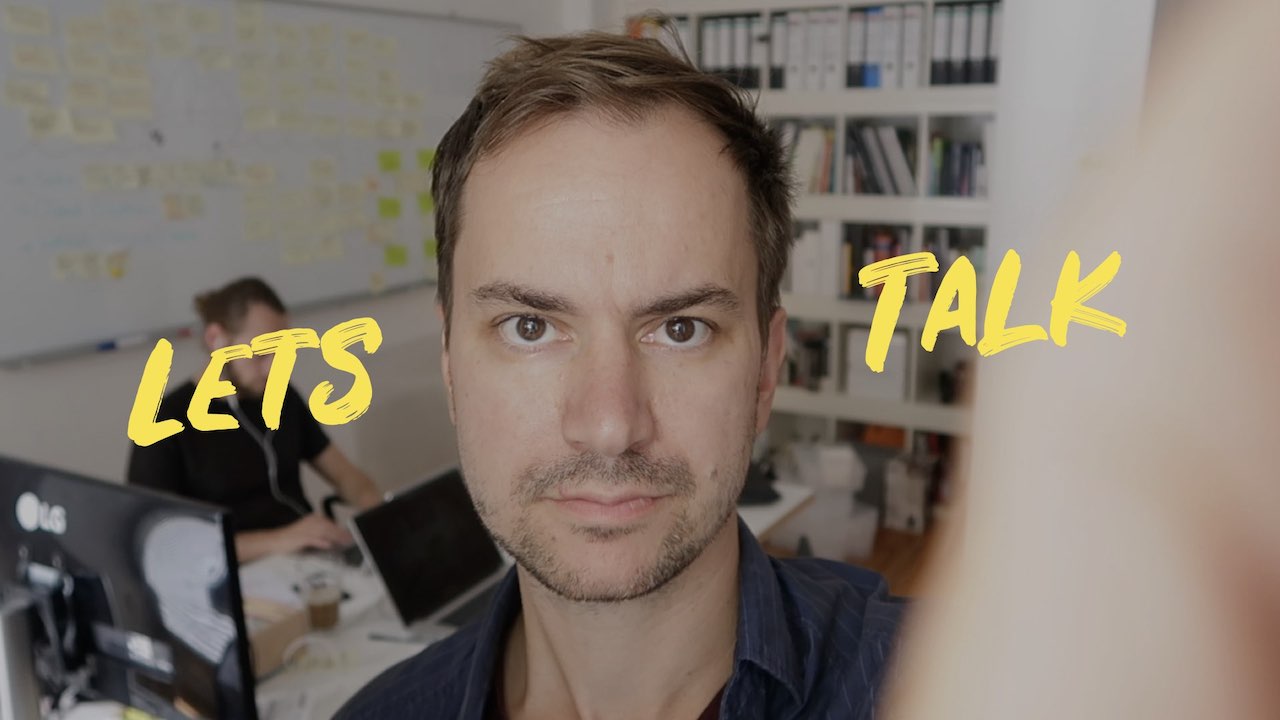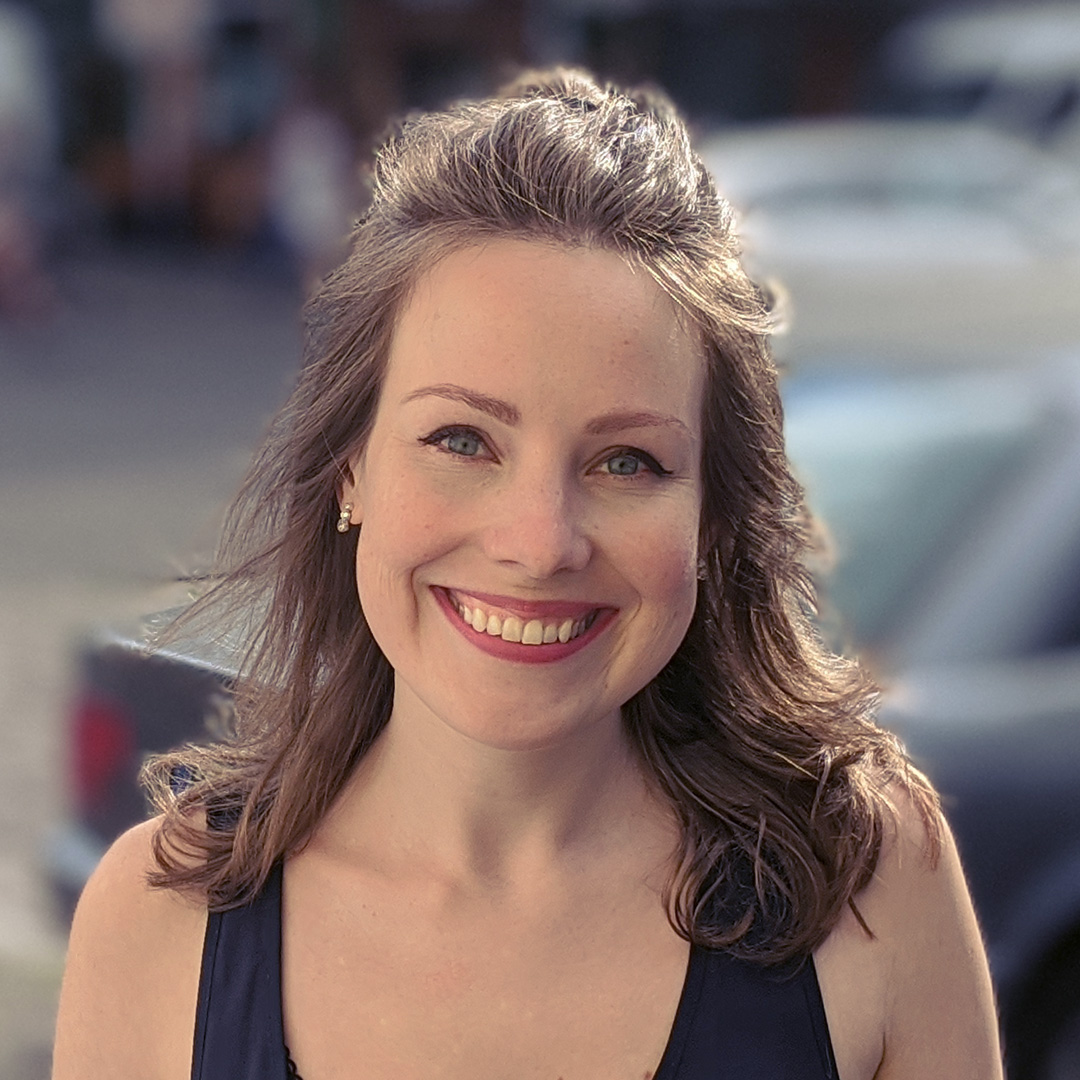Interview with Designer Johannes Ippen

Hi Jo. For everyone who doesn’t know you, please tell us in one sentence: What do you do?
I’m a designer. I am working and living in beautiful Berlin and I’m all about human experience design.
Let’s jump right into that. You recently gave a TED talk about human experience design, is that right? And I even saw that it was featured together with design greats like Don Norman and John Meada. How did you feel about that and what is human experience design?
That was a great honor. So first of all, it was a TEDx talk, not a TED talk. A TED talk would be would be even cooler. (laughs)
Being featured along legends like Don Norman who actually invented the term UX design back in 1995, is a great honor. What is really interesting about Don Norman is that just two years ago he actually revoked his opinion about user experience design. His new standpoint was that the idea of user experience is all about when we use products, and we completely ignore the fact that sometimes we don’t need to use a product for the product to be used. Some products don’t need to be used all the time.
It’s enough that they are available and that they are integrated into our life. The big pain that we have with a lot of products these days is that we work around KPIs that intend to measure usage. Think of Facebook, Twitter, LinkedIn. All the social media, all the attention economy metrics. These days a product is only good if it’s being used - despite the fact that it might not even make sense to use this product on a daily basis.
So building products that do not center around them being used but around integrating into our lifestyles, into our experience is what we share as human beings. I think that’s the next challenge for UX in the next decade or so. And that’s what human experience design is all about.
Could you tell us a bit more about the impact of design as we embrace the idea of human experience design?
Design is completely underrated as a discipline. So we do have graphic design, typography, architecture and so on - as these classic creative professions. But, the way that we build user experiences and digital products is that we center our lives around it. We could not live without Whatsapp, we could not live without tic toc, we could not live without Instagram. So much of our life, our communications, and our social glue is centered around these products. And the people who built them have a great responsibility.
They are used to selling ads or keeping people in the product - it’s kidnapping attention to make them stick. I think that as designers, first of all, we do have a great responsibility of designing these products. But also for everyone else who does not have the profession of the designer, it is so important to understand how products are designed. How all of this works and why we are actually making a decision like nudging or hypernudging. We need to understand how the world around us is built.
Did you always intend to enter the creative industry and become a designer? And when was this inflection point when you reframed your profession as a designer?
Back in school I wanted to become a movie director. I loved the idea of creating future movies and being in touch with every aspect of that. I’m a generalist, so I really like to do all kinds of different things when it comes to the creative process and design.
When I made the decision to study design in university, my intention actually was to learn how to influence people. At the time when I studied, design was mostly about advertising, so the idea was to work for an advertising agency and create campaigns, sell sneakers and cigarettes. Luckily, that has changed and I think I wouldn’t be happy about selling cigarettes and sneakers today.
But that was always the idea and this whole change of perspectives when I decided to look into the deeper human aspect of design happened when I got deeper into UX design. I learned how UX works and how profit and attention-oriented the whole thing is, and how much we simply ignore as designers.
You talked earlier about being a generalist and enjoying working on very different projects, which is what you also do at Human Deluxe. You came from the gaming industry, but you decided to found your own design studio. Why did you take that professional step?
Exactly because of that. I’m very grateful to have had the chance of working in the games industry, which is really a place where you can learn a lot - not only about games, but about the whole discipline of selling things online. I think that today, there is no other industry that is as versatile as the games industry and that’s really interesting.
But after being with a games company for seven years, I decided that I wanted to see what challenges other industries have, and I wanted to see if I could make an impact there. So, before founding Human Deluxe, I actually applied at different startups to see what they had to offer and what their challenges were. And they really all had the same challenges. So, at some point I decided it would make sense to just found my own business and help all of these companies.
Seeing these cross-industry challenges probably also gave you new insights into the design process. What did you find?
Absolutely. When I started in design, what we learned in university was creative chaos. So, you would sit down with a blank piece of paper, draw until something comes up, and then you dig deeper and work until you fall asleep. I was really scared to see that even professional agencies worked like that.
Once at university, I did a workshop with Nico, who is now my co-founder, and it was sponsored by agencies, so we would work with a very big and famous agency. We had one week to create a campaign and it was all really mellow and nice. But then, three hours before the presentation, the art directors from the agency threw everything over and we had a last-minute brainstorm to come up with a really stupid idea and brought them to life. To see that was really scary to me, and the pivotal point when I decided that I didn’t want to go into the agency business.
I always experimented with different processes like Design Thinking and when I learned about Design Sprints and the work that Jake Knapp did at Google Ventures, I was really drawn into the idea of an end-to-end process in Design.
And that’s why Human Deluxe is not a typical agency, right?
Yes, exactly. So, it’s not like a good old add agency where people sell a genius idea Don Draper style and then cash out millions of advertising money. No, that’s not how it works.
We obviously co-design with our clients and we involve the clients at every stage. Our process really helps to tickle out ideas that the client might have, that might be buried somewhere under the surface. Sometimes, clients just need a little nudge or some inspiration to bring them to life and that’s where our strengths lie.
So, who is it that can really benefit from design and from design processes?
I actually think it’s good for everyone to learn about identifying problems and solving them in a very streamlined way. This is something that does not only apply to business problems or design problems, but that you could also use in your personal life, think of problems between colleagues, in a relationship, or with a friend. Just learning about design processes is something that could help everyone.
Just recently you gave a talk about Human Experience Design to the Israeli government and earlier this year, you worked with the German government on a new innovation initiative. Would you say that the public space has also realized the value of design?
Absolutely. It’s really refreshing to see that there are so many initiatives in many governments right now to adopt design and innovation processes. Of course it’s not at the same pace as a typical startup would move, but they’re really trying and it’s great to be a part of that.
Sounds like a really cool and important mission. So, what’s next?
I think it’s really important that nowadays we don’t limit design to the creative field, so it’s not a discipline like art or graphic design, or typography any longer, but rather a methodology that integrates with everybody’s life. I think it’s very important to use what we know to help people solve any problem.
It’s easier, faster, and we can educate people about how certain things work in the attention economy. Also about how certain political forces work such as populism. And how certain products like social networks work and why we spend so much time on these products.
Think of digital detox or not going to vote anymore. That’s not the solution, it’s just putting the head in the sand or waiting until it’s over. But it won’t.
I think we need to find a good way to deal with the whole thing and design is definitely the way that can help and will have a greater influence on our lives than we anticipate today.
